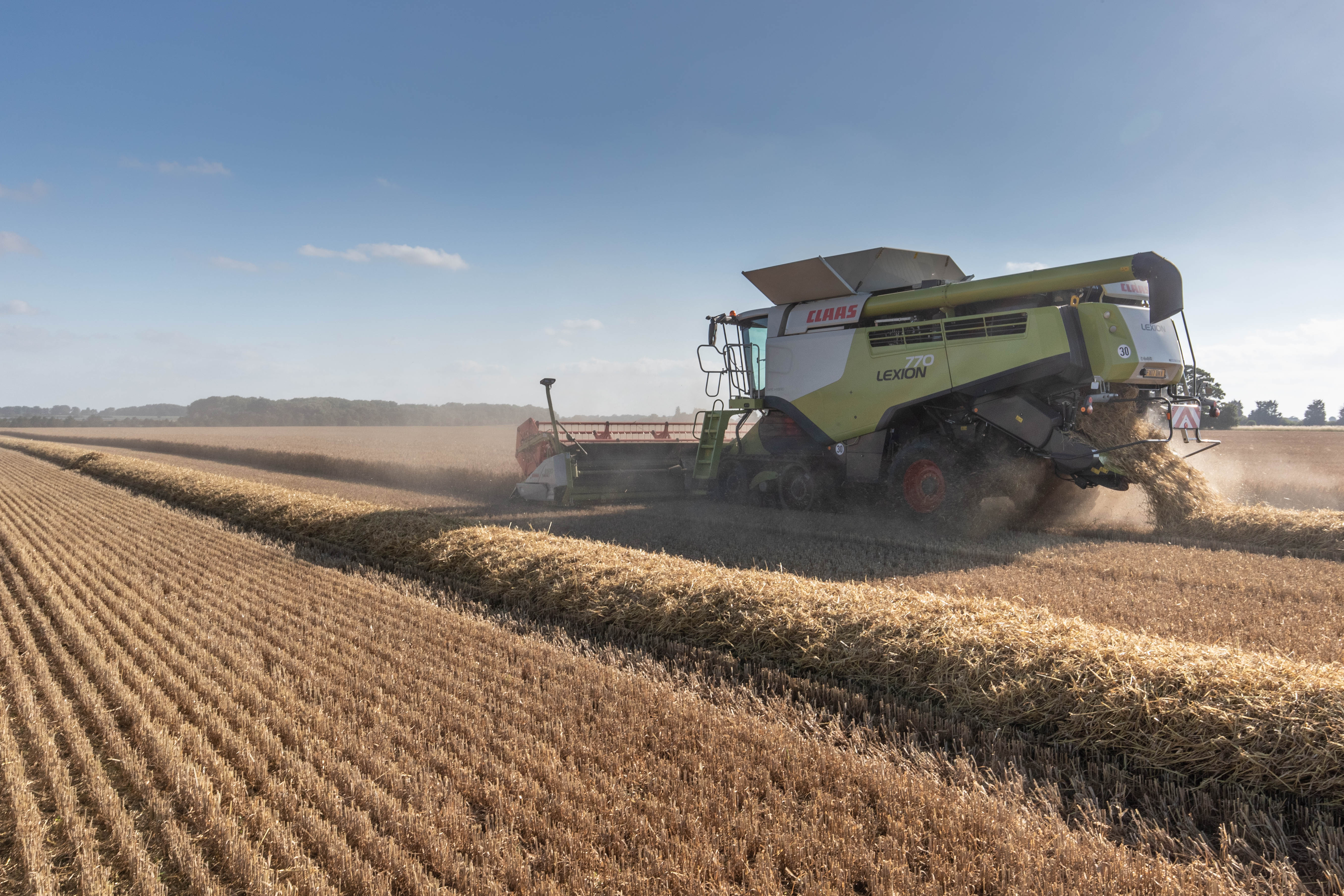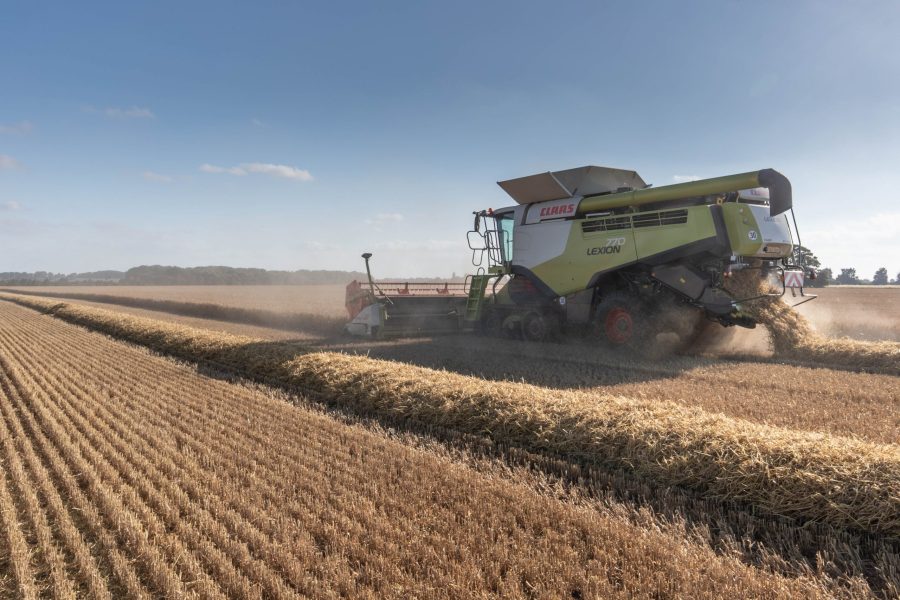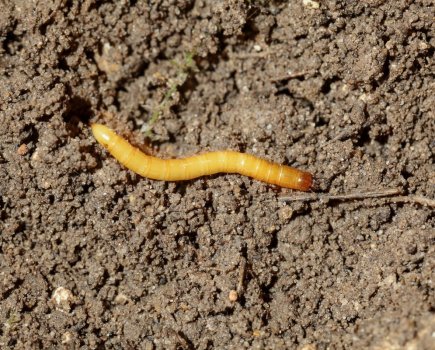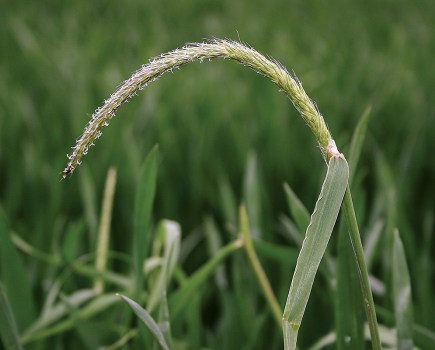 The Government says driving innovation and harnessing pioneering technology will help to back British farmers and domestic food production, as it sets out its Food Strategy plans today (13 June 2022).
The Government says driving innovation and harnessing pioneering technology will help to back British farmers and domestic food production, as it sets out its Food Strategy plans today (13 June 2022).
The plans outlined today – including incentives for industry and investment in research – will support farmers to harness this innovation to boost home-grown fruit and vegetable production, and in turn create new job opportunities across the country, says Defra.
In light of the consequences of Russia’s illegal invasion of Ukraine for the global economy, which has caused knock on impacts for food supplies as well as spikes in prices, the department says the Strategy will also set out the importance of maintaining and boosting our food security, including plans to strengthen the resilience of our supply chains and boost domestic production to help protect against future economic shocks and crises.
£270M investment
As part of the plans, the government says £270M will be invested across farming innovation funding programmes until 2029, to unlock technologies to drive sustainable farming techniques which will help increase productivity and profitability and the sector’s long-term resilience.
What’s more, the strategy will also set out plans to create a new professional body for the farming and growing industry to step up professional training and develop clear career pathways, equipping people and businesses with the skills needed to run sustainable and profitable businesses.
‘Boost British industry’
“Our Food Strategy sets out a blueprint for how we will back farmers, boost British industry and help protect people against the impacts of future economic shocks by safeguarding our food security,” said Prime Minister, Boris Johnson. “Harnessing new technologies and innovation, we will grow and eat more of our own food – unlocking jobs across the country and growing the economy, which in turn will ultimately help to reduce pressure on prices.”
Independent review
The Strategy follows the independent review of the food system by Henry Dimbleby last year, which set out an analysis of the challenges facing the food system.
According to the Defra, The Government Food Strategy responds to these findings and recommendations, accepting the majority of recommendations, with policy initiatives to boost health, sustainability, accessibility of diet to secure food supply, while also recognising the shared global challenges of the war in Ukraine and the impact of the pandemic on the global economy
The strategy also includes plans to:
- Consult on an ambition for 50% of public sector expenditure on food procurement to be on food either produced locally or to higher standards
- Incentivise the sector to use surplus heat and CO2 from industrial processes, and renewable sources of energy to increase domestic horticultural production
- Review the planning permission process to support new developments of glasshouses
- Launch an independent review to tackle labour shortages in the food supply chain, to look at the roles of automation, domestic labour and migration to ensure UK businesses can access the labour they require
- Consult on how to improve on and expand animal welfare labelling, to help consumers identify when products meet or exceed our high UK animal welfare standards
- Extend the Seasonal Workers visa route to poultry, following a successful pilot last year
- Publish a framework for land use in England next year
- Consult on food waste reporting for larger businesses over a certain size
- Publish a statement setting out requirements for those wishing to access the UK market to objectively demonstrate they deliver an equivalent level of health protection to our high domestic standards
- Explore how to make the most of innovative feed additives that can reduce methane emissions from livestock, to support sustainable farming
- Launch a new partnership between the public and private sector to provide consumers with more information about the food they eat while incentivising industry to produce healthier, more ethical and sustainable goods
Industry reaction
Responding to the publication of the government’s food strategy, NFU president Minette Batters said: “The National Food Strategy represents a clear milestone with the government recognising the importance of domestic food production, maintaining our productive capacity and growing more food in this country, particularly at a time when the war in Ukraine has focused attention on the importance and fragility of our global food security. Food production will always be core to a nation’s resilience and I’m pleased the government has recognised this.
“Domestic food production and environmental delivery go hand-in-hand and we are proud that British farmers have an ambition to reach net zero by 2040, while still maintaining our current levels of food production.
“We know the public want to be eating more local, British food and farmers are ready to play their part in producing high quality and climate-friendly food, all while protecting and enhancing our environment. We now need to see this strategy develop into clear delivery and investment to capitalise on the benefits food and farming delivers for the country, such as our world-leading standards of animal welfare, environmental protection and food safety.”
However the CLA warned of the short-term issues that still must be tackled. “Domestic food security, fairness in the supply chain and workforce issues are key areas which need to be addressed immediately. The additional visas for the Seasonal Workers Visa Route are welcome, however it is crucial that the government drive innovation and work closely with industry to create stability in the farm-to-fork supply chain going into 2023.”
Full details of the strategy can be found here.




